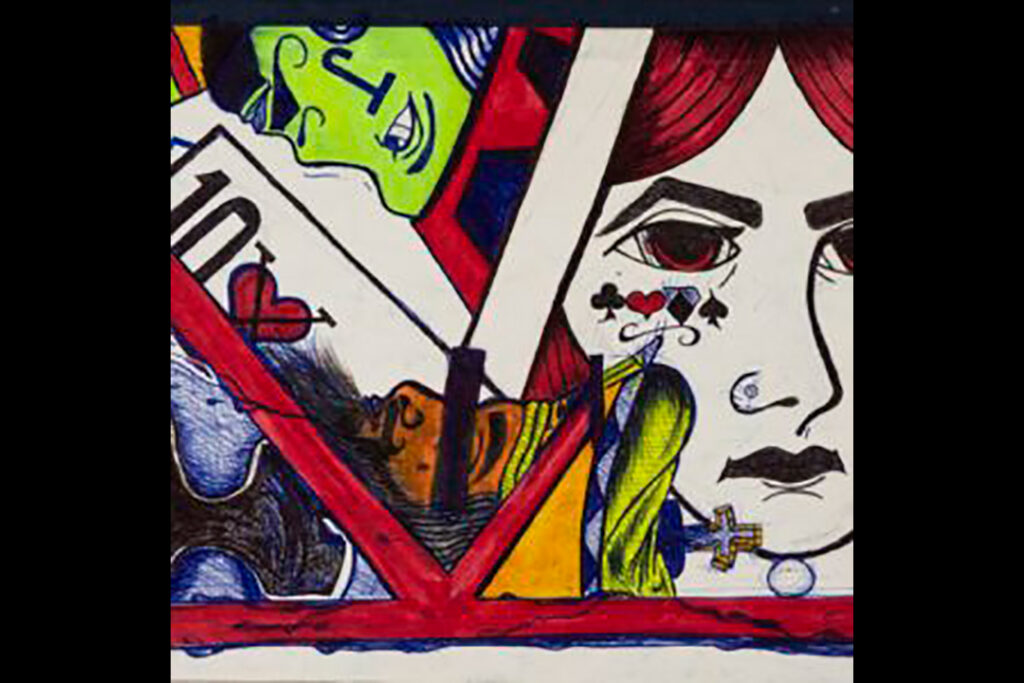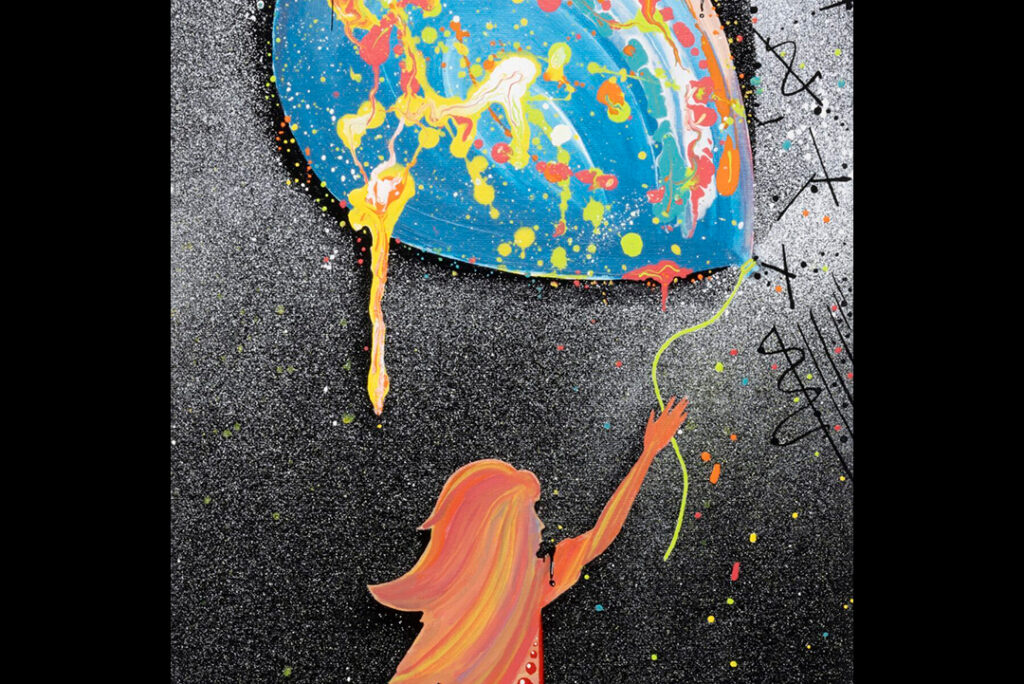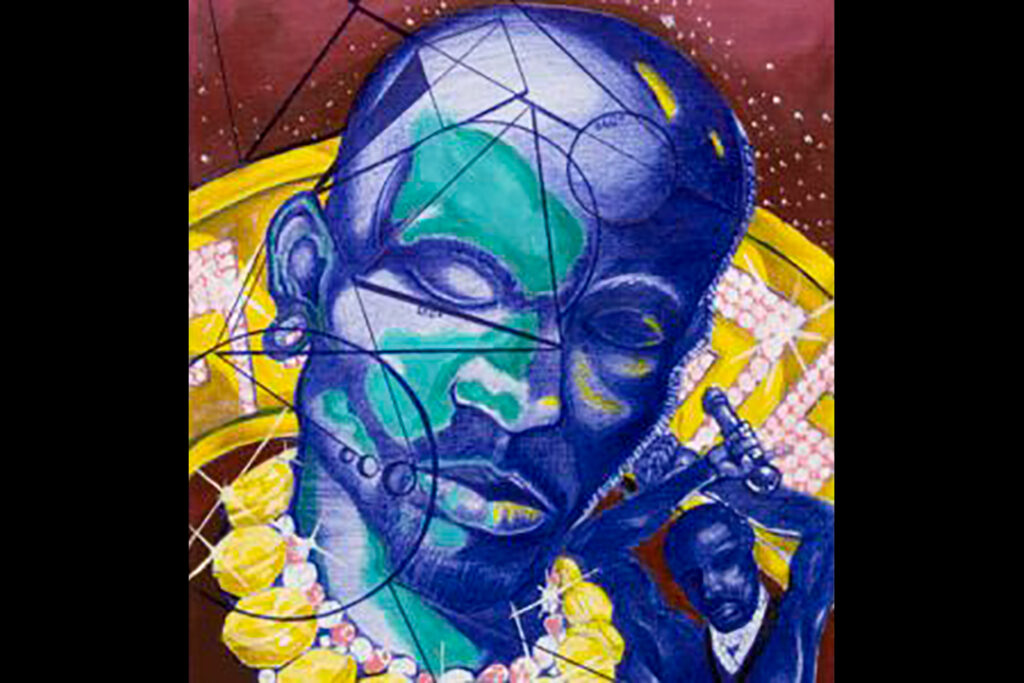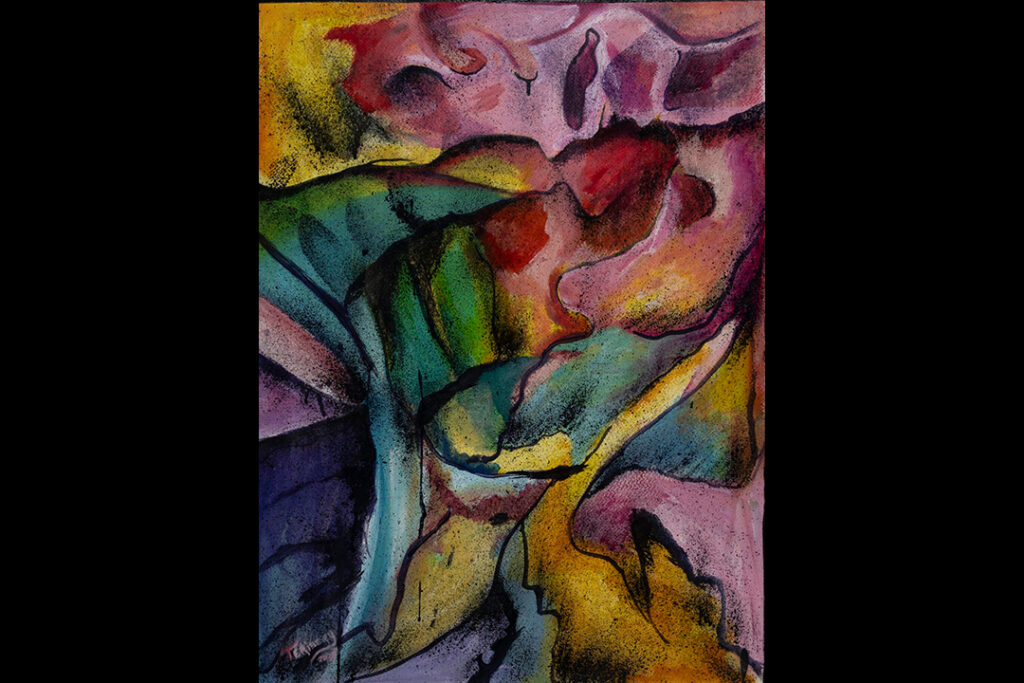Filling a gap: U-M students help combat Michigan’s shortage of rural dentists

Northern Michigan resident Becky Klein was surprised to learn that the dentists at the Thunder Bay Community Health Service clinic were students from the U-M School of Dentistry. They turned out to be just as competent and professional as seasoned practitioners, she said, and excellent communicators.
-
Art or infrastructure? Depends on the climate
‘Migration Stage,’ an outdoor installation along Seattle’s Elliot Bay, serves a once-and-future purpose, says artist Buster Simpson, MFA ’69. Its movable ‘kit of parts’ provides a unique place to gather, while it functions as ‘sea armor’ to protect shoreline infrastructure against extreme storms. (Image credit: Joe Freeman Jr.)
-
MLK Symposium gets underway with best-selling author, legal scholar, and social justice advocate
U-M’s annual Rev. Dr. Martin Luther King, Jr. Symposium kicked off Jan. 15 with memorial keynote lecturer Michelle Alexander. The theme of the 2024 symposium is “Transforming the Jangling Discords of Our Nation into a Beautiful Symphony.”
-
These bubbles kill cancer
“Histotripsy” is a technique created by U-M engineers and doctors that harnesses soundwaves to attack cancer. It comes with the promise of few, if any side effects, a quick treatment time and, for patient Carrie Kumpel, the hope that it would completely destroy three spots that had formed on her liver.
-
Clinicians could be fooled by biased AI, despite explanations
A U-M study shows accurate AI models improved diagnostic decisions, but biased models led to serious declines. Researchers and policymakers are taking steps to ensure AI models are safe, secure, and trustworthy — and that their use would lead to improved outcomes.
-
Midlife blood test may predict cognitive decline, Alzheimer’s in later life
U-M researchers have connected two blood biomarkers to changes in cognitive function in women in midlife, opening a potentially powerful path to noninvasive, earlier detection and interventions for Alzheimer’s disease and other dementias.
-
Kris Sarri: Combating climate change with a policy pen
A thriving environment depends on engaging people in its stewardship, says Kris Sarri, MPH ’97. She has spent two decades in Washington, D.C., where her commitment to public health weaves together environmental protection and community development.
Columns
-
President's Message
Reaffirming our focus on student access and opportunity
U-M seeks to ensure every student will rise, achieve, and fulfill their dreams. -
Editor's Blog
Peace out
It's a mad, mad, mad, mad world out there. -
Climate Blue
Keeping our focus on climate
As federal support for climate science wanes, Ricky Rood remains hopeful. -
Health Yourself
Are you an ‘ager’ or a ‘youther’?
Why do some people appear younger or older than people born in the same year?
Listen & Subscribe
-
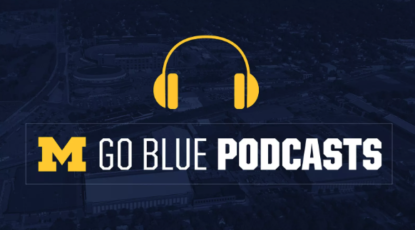
MGo Blue podcasts
Explore the Michigan Athletics series "In the Trenches," "On the Block," and "Conqu'ring Heroes." -

Michigan Ross Podcasts
Check out the series "Business and Society," "Business Beyond Usual," "Working for the Weekend," and "Down to Business." -
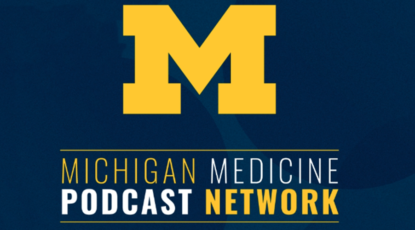
Michigan Medicine Podcasts
Hear audio series, news, and stories about the future of health care.
Creativity and connection across prison walls
One of the world’s largest and longest-running exhibitions of incarcerated artists is back with new programming designed to foster connection and deepen public understanding of incarceration in Michigan. The 29th annual Exhibition of Artists in Michigan Prisons, curated by U-M’s Prison Creative Arts Project, showcases 772 artworks by 538 artists incarcerated in 26 state prisons. The Duderstadt Center Gallery on U-M’s North Campus is presenting the artwork through April 1.
















